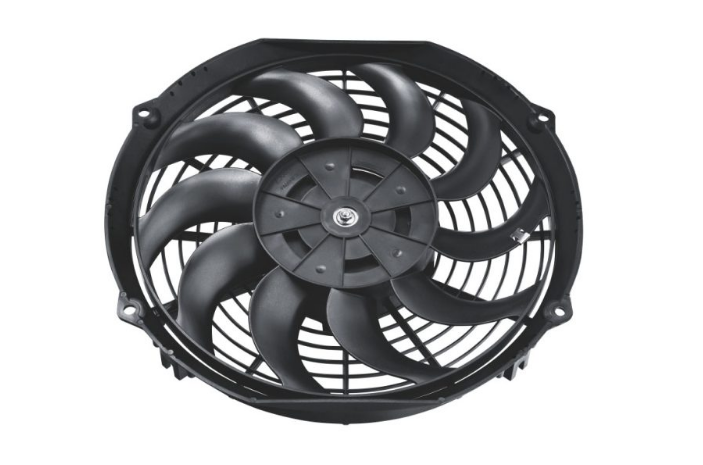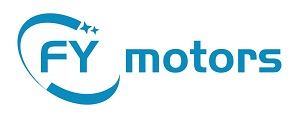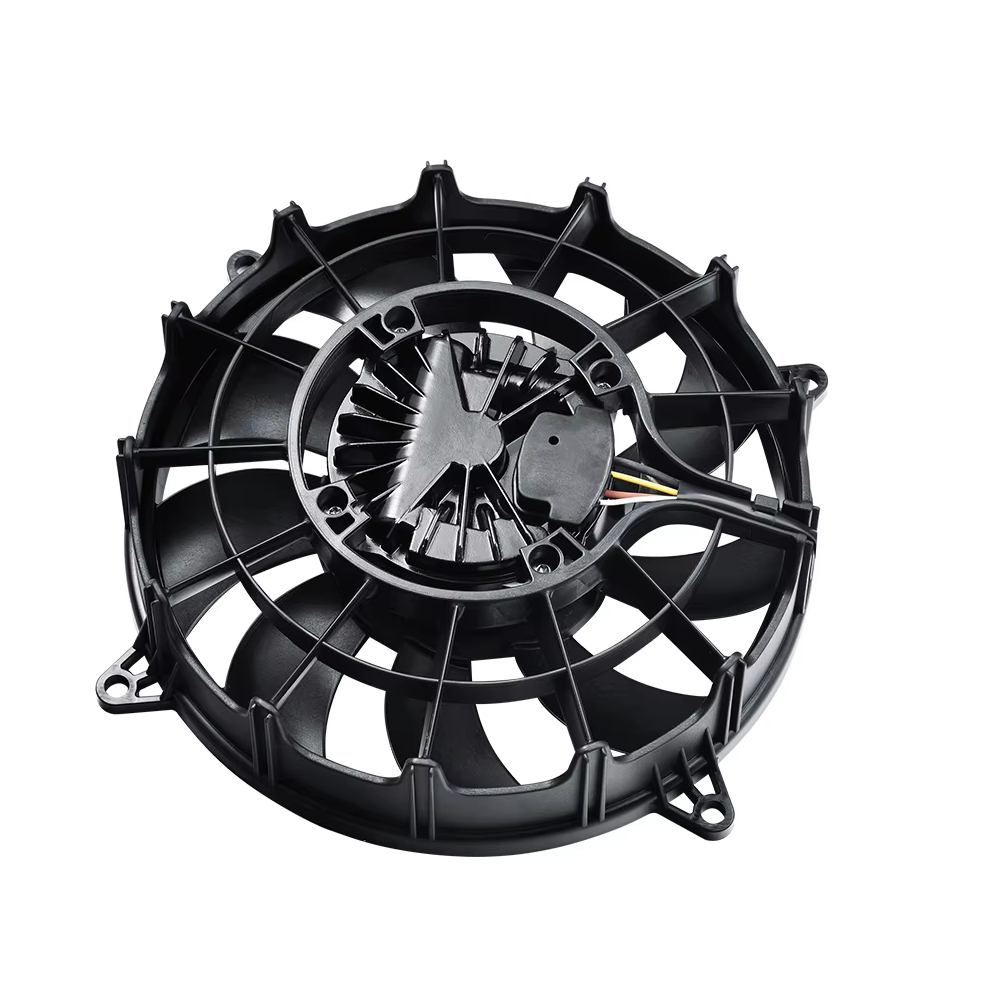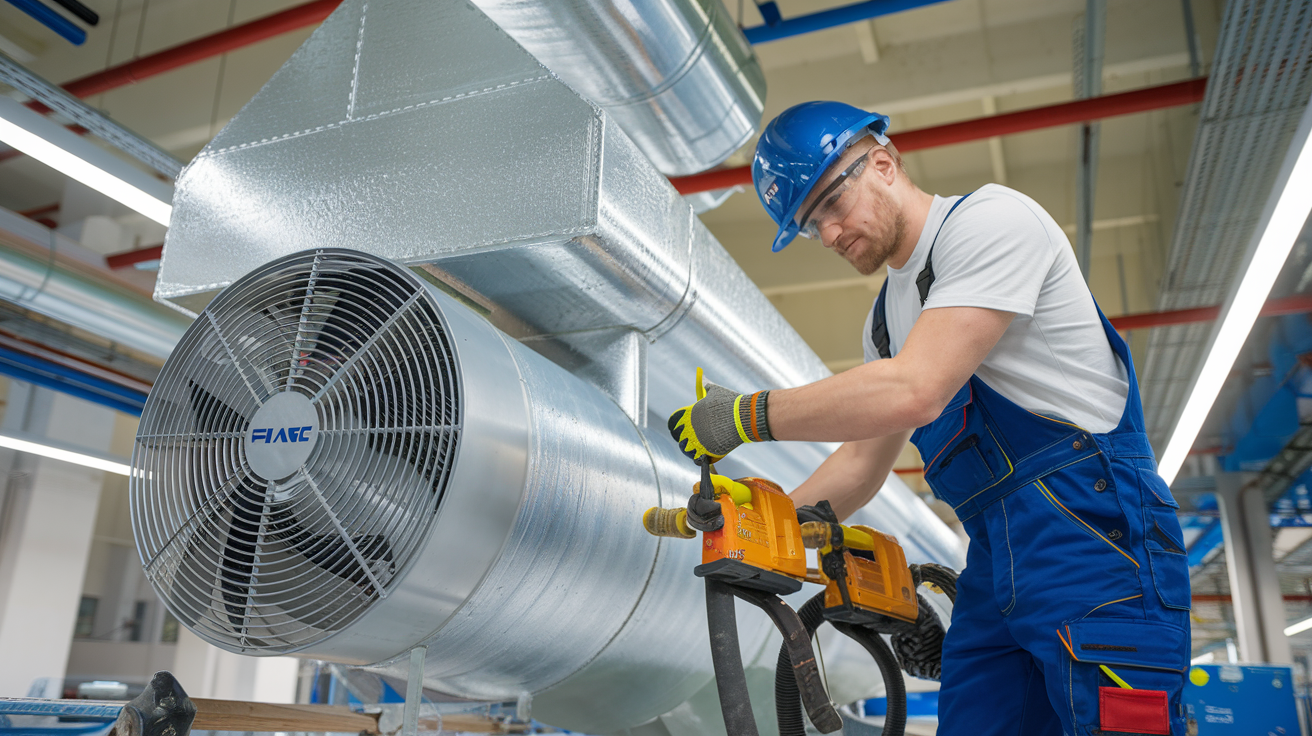Selecting the right axial fan supplier is a strategic decision that impacts your product reliability, regulatory compliance, and project viability. For distributors and OEMs, partnering with AMCA-certified factories that guarantee ROHS compliance is no longer a premium option—it’s the baseline for operating in North American and European markets. These certifications are your objective assurance of performance integrity and material safety, directly reducing your liability and ensuring seamless integration into your clients’ systems.

The Non-Negotiable Standards: AMCA Certification and ROHS Compliance Explained
When a manufacturer’s axial fan carries an AMCA Certified Ratings seal, you are purchasing a verified performance metric. This independent certification means the fan’s published data for airflow (CFM), pressure (in. wg), and efficiency has been tested in a licensed laboratory according to strict, standardized procedures. For you, this eliminates performance guesswork and protects against under-performing components that can lead to system failure and customer disputes.
ROHS (Restriction of Hazardous Substances) compliance is equally critical for market access. This EU directive, which has influenced global standards, restricts the use of specific hazardous materials like lead, mercury, and cadmium in electrical and electronic equipment. Sourcing from ROHS-compliant factories ensures your products can be sold without legal barriers in virtually all Western markets and aligns with the growing demand for environmentally conscious supply chains.
The combination of these two standards signifies a manufacturer’s commitment to quality, transparency, and international market readiness. It is the most effective filter for identifying serious, capable partners from a crowded global field.
Profiles of Leading Global Axial Fan Manufacturers
The following manufacturers have established global reputations for producing reliable, certified axial fans for industrial, commercial, and specialized applications. This list is curated based on their certification portfolios, global distribution networks, and technological focus.
- Ziehl-Abegg (Germany): A leader in high-efficiency EC technology motors. Their fans are engineered for critical applications in HVAC, railway, and industrial machinery where precision control and energy savings are paramount. They are a top-tier choice for projects requiring premium performance and reliability.
- ebm-papst (Germany): Known as the “the fan and motor experts,” ebm-papst offers an extensive range of AC and EC axial fans. They excel in providing customized solutions and are a dominant force in data center cooling, ventilation technology, and automotive manufacturing applications.
- Rosenberg (Germany) / Airmaster Fan Company (USA): As part of the Airmaster group, Rosenberg brings German engineering for OEM fans to a global market, while Airmaster focuses on larger commercial and industrial fans. This combination offers a comprehensive solution from small components to large-scale air movement systems.
- Multi-Wing (USA/Denmark): Specializing in high-performance axial fans with a focus on the condenser and heat exchanger markets. Their proprietary airfoil designs are recognized for efficiency and low noise levels, making them ideal for demanding refrigeration and power generation applications.
- Greenheck (USA): A major North American player in air movement and control, Greenheck manufactures a wide array of AMCA-certified commercial and industrial axial fans. They are particularly strong in the construction and MRO (Maintenance, Repair, and Operations) supply channels.
- Systemair (Sweden): A global ventilation giant with a vast portfolio that includes a wide range of axial fans. They provide robust solutions for everything from residential ventilation to complex industrial smoke extraction systems, backed by a strong international distribution network.
- Nidec (Japan): As a global motor manufacturer, Nidec produces a massive volume of reliable, standard axial fans. They are a key supplier for consumer appliances, IT equipment, and general industrial applications, offering strong value and availability.
- Delta Electronics (Taiwan): A world leader in power and thermal management solutions. Delta produces highly efficient AC and EC axial fans, with a significant market share in the electronics, server, and telecommunications industries.
- Mitsubishi Electric (Japan): Known for high-quality components, their axial fans are often found in demanding applications like power electronics, industrial drives, and precision machinery where long-term durability is essential.
- Soler & Palau (Spain): A prominent international group specializing in ventilation, offering a comprehensive range of axial fans for residential, commercial, and industrial use. They are recognized for their robust construction and strong presence in European and Latin American markets.
Selection Criteria Beyond the Certification
While AMCA and ROHS are the foundation, several other factors will determine the best supplier for your specific needs.
Global Logistics and Local Stock:
Does the manufacturer or their master distributors maintain inventory in your key markets (e.g., North America, EU)? Local warehousing is critical for reducing lead times from 8-12 weeks to just a few days, which is essential for supporting your Just-In-Time (JIT) delivery promises to your own clients.
Customization and Value-Add Services:
Leading manufacturers offer services that can differentiate your offering:
- Custom Grilles, Guards, and Mounts: Modifications for specific OEM integration.
- Special Cord Lengths and Connectors: Pre-assembled to your specification.
- IP (Ingress Protection) Ratings: Fans rated IP-55 and above for harsh, wet, or dusty environments.
- UL/CE Certification: Pre-certified to meet specific regional safety standards.
Pricing Tiers and Volume Structure:
Understanding the manufacturer’s pricing model is key to managing your margins.
| Manufacturer Tier | Typical Focus | Order Volume | Key Differentiator |
|---|---|---|---|
| Premium (e.g., Ziehl-Abegg, ebm-papst) | High-Efficiency, Critical Applications | Medium to High | Advanced EC Technology, Custom Engineering |
| Mainstream (e.g., Greenheck, Systemair) | Commercial HVAC, Industrial MRO | Low to High | Broad Availability, Strong Distribution |
| Volume/Component (e.g., Nidec, Delta) | Electronics, Appliances, IT | Very High | Cost-Effectiveness, Standardization |
Integrating Axial Fans into Your Supply Chain Strategy
Your relationship with a fan manufacturer should be a partnership. Establish a direct line of communication with their regional sales engineer or a authorized master distributor. They can provide technical support for your team and your clients, helping to specify the correct fan for an application and avoiding costly misapplications.
Participate in product training webinars offered by these manufacturers. A technically informed sales force can confidently specify products, reducing errors and building trust with engineering-driven clients. Finally, always request and test pre-production samples against your specific requirements for noise, vibration, and performance before placing a bulk order.
Professional Q&A
Q: We have a client who needs a fan for a wet, outdoor environment. What specific certifications should we look for beyond AMCA?
A: You must specify a fan with a high IP (Ingress Protection) rating. For outdoor or wash-down environments, look for a rating of at least IP-55 (dust protected and protected against water jets). For submerged or high-pressure hose applications, IP-68 is required. Confirm this rating is certified by a third party, not just a manufacturer’s claim.
Q: What is the lead-time difference between ordering a standard catalog fan versus a custom-designed unit?
A: Standard, off-the-shelf axial fans from local distributor stock can ship in 1-5 days. For standard models shipped from the factory, expect 4-8 weeks. A fully custom-designed axial fan, involving new tooling and performance validation, typically requires a minimum of 12-16 weeks, and often longer. Always factor this into your project timeline.
Q: How can we verify a manufacturer’s AMCA certification is current and valid?
A: The AMCA directory is publicly available online. You can search by company name or product line on the AMCA International website to see their licensed products and the specific performance parameters for which they are certified. This is a crucial due diligence step before finalizing any supplier agreement.



